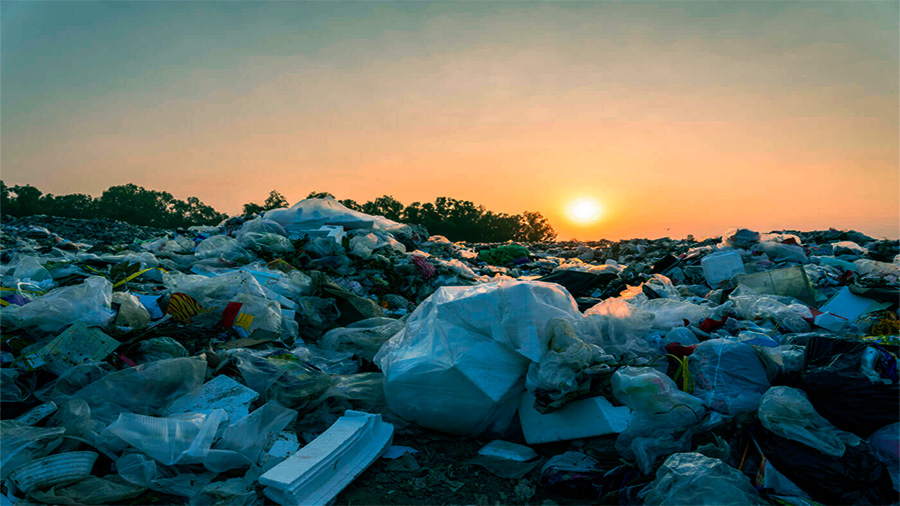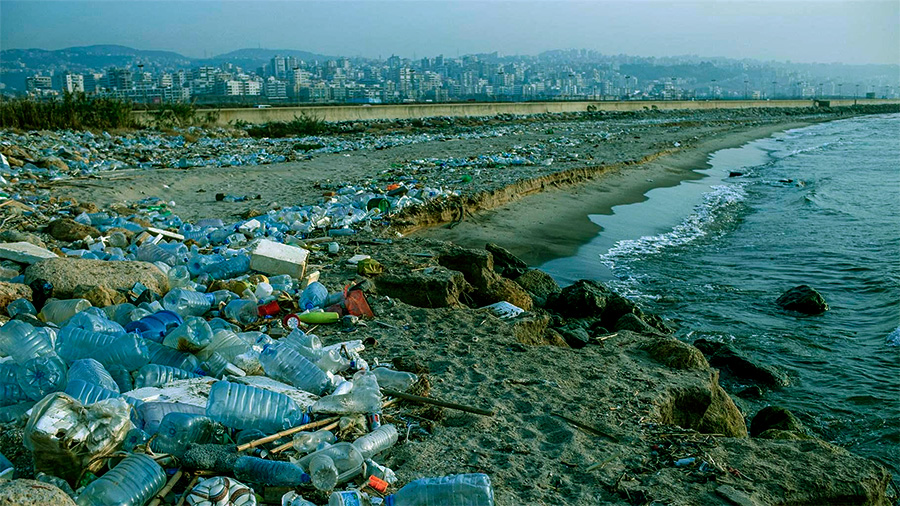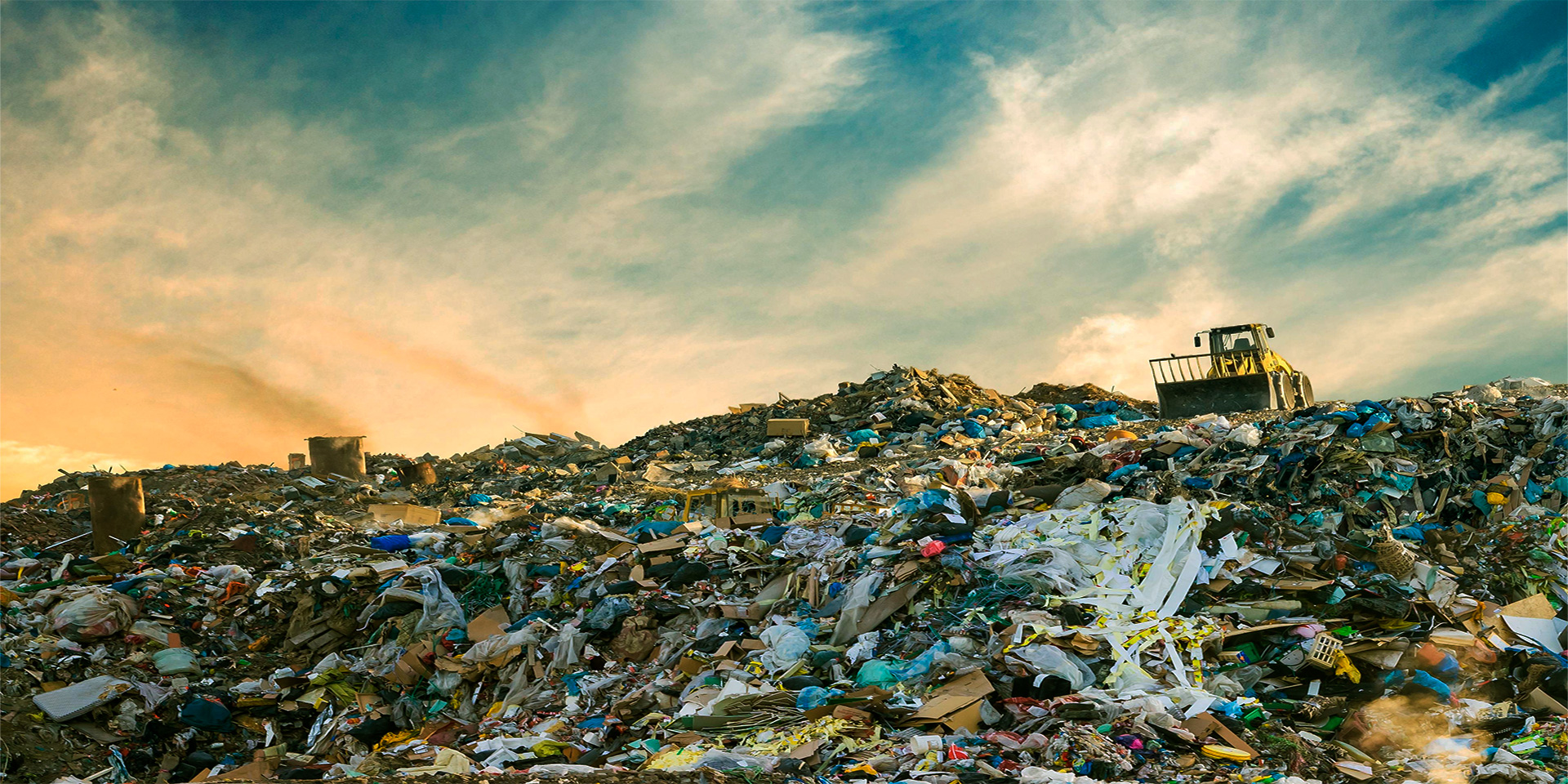Plastic waste has become one of the most pressing environmental challenges, with millions of tons polluting oceans, landfills, and ecosystems each year. Governments worldwide are responding to this crisis with targeted policies and international agreements aimed at reducing plastic pollution and promoting recycling. By implementing bans, regulations, incentives, and collaborative efforts, these policies seek to curb plastic waste at its source while fostering sustainable waste management practices. This article analyzes how state policies and international initiatives are addressing the global plastic waste crisis.
National Policies to Reduce Plastic Pollution
Governments have adopted a range of policies to limit plastic waste generation, including bans on single-use plastics, extended producer responsibility (EPR) programs, and incentives for businesses and consumers to adopt sustainable practices.
Bans on Single-Use Plastics
One of the most direct approaches to reducing plastic waste is banning single-use plastics, such as plastic bags, straws, and cutlery. These items contribute significantly to environmental pollution as they are often discarded after a single use.
- Example: The European Union’s Single-Use Plastics Directive bans the sale of items like plastic straws, plates, and cutlery, aiming to eliminate the most polluting plastic products by 2030.
- Impact: Bans reduce plastic litter and encourage businesses to adopt biodegradable alternatives, such as paper or reusable materials.
Countries such as India, Canada, and Kenya have implemented similar bans, leading to measurable reductions in plastic waste.
Extended Producer Responsibility (EPR)
EPR policies place the onus on manufacturers to manage the entire lifecycle of their plastic products, from production to disposal. By holding producers accountable, these policies encourage companies to design products that are easier to recycle and minimize waste.
- Example: Germany’s Packaging Act requires producers to finance the collection, recycling, and disposal of packaging waste, ensuring higher recycling rates.
- Outcome: EPR programs promote innovation in packaging design and drive investment in recycling infrastructure.
These initiatives incentivize businesses to transition toward circular economy practices, reducing the environmental impact of plastic production.
Incentives for Recycling and Reuse
To promote recycling and reduce reliance on virgin plastics, governments provide financial incentives, tax breaks, and subsidies to businesses and consumers who prioritize sustainable practices.
- Deposit-Return Systems: Countries like Norway and Germany use deposit-return schemes for plastic bottles, offering refunds to consumers who return bottles for recycling.
- Tax Breaks for Businesses: Governments provide tax incentives for companies that use recycled materials or invest in recycling technologies.
By encouraging recycling and reuse, these policies aim to close the loop on plastic waste and create a circular economy that minimizes environmental harm.

International Agreements on Plastic Waste Management
Plastic pollution is a global problem that transcends national borders, requiring international cooperation to implement effective solutions. Agreements and coalitions among nations aim to reduce plastic waste, improve recycling systems, and clean up polluted environments.
The Basel Convention on Plastic Waste
The Basel Convention, an international treaty, regulates the transboundary movement of hazardous waste, including plastic waste. In 2019, the treaty was amended to include stricter controls on the export of plastic waste to developing countries.
- Objective: Prevent wealthier nations from dumping plastic waste in countries with insufficient waste management infrastructure.
- Outcome: Increased accountability and improved recycling practices in both exporting and receiving nations.
This amendment highlights the importance of global cooperation in tackling plastic pollution and promoting equitable waste management solutions.
United Nations Global Plastic Treaty
In 2022, the United Nations initiated negotiations for a legally binding treaty to end plastic pollution. The treaty focuses on reducing plastic production, encouraging sustainable alternatives, and strengthening recycling systems worldwide.
- Key Goals: Address the entire lifecycle of plastics, from production to disposal, and establish global standards for waste management.
- Impact: The treaty will unify international efforts to combat plastic pollution and encourage nations to collaborate on technological and policy-driven solutions.
This global agreement represents a significant step toward reducing plastic waste on a large scale.
The Role of Circular Economy Policies
Governments are increasingly adopting circular economy policies to minimize plastic waste and promote resource efficiency. A circular economy prioritizes reducing, reusing, and recycling materials to keep resources in use for as long as possible.
Promoting Recycled Content in Products
Many governments have introduced policies requiring manufacturers to incorporate recycled plastic into their products. These mandates create demand for recycled materials and reduce the reliance on virgin plastics.
- Example: The European Union mandates that plastic bottles contain at least 25% recycled content by 2025 and 30% by 2030.
By creating a market for recycled plastics, these policies incentivize businesses to invest in recycling technologies and reduce plastic waste.
Waste Management Infrastructure Development
Effective waste management infrastructure is essential for transitioning to a circular economy. Governments are investing in modern recycling facilities, waste-to-energy plants, and collection systems to improve plastic waste processing.
- Example: South Korea has achieved a recycling rate of over 60% by implementing strict waste separation policies and investing in advanced recycling infrastructure.
These initiatives ensure that plastic waste is properly collected, sorted, and reused, reducing the volume of plastic ending up in landfills and oceans.

Challenges in Implementing Plastic Waste Policies
Despite progress, several challenges hinder the effectiveness of plastic waste policies. Addressing these obstacles is essential to achieving long-term success in combating plastic pollution.
Inadequate Recycling Systems
Many developing countries lack the infrastructure needed to process plastic waste efficiently. Investments in recycling technologies and waste management facilities are critical to overcoming this challenge.
Consumer Behavior
Reducing plastic waste also requires behavioral changes among consumers. Governments must invest in education and awareness campaigns to encourage responsible consumption and waste disposal.
Industry Resistance
Some industries resist transitioning to sustainable alternatives due to higher costs and operational changes. Policies must include incentives and support to help businesses adapt to new standards.
The Path Forward: Integrating Innovation and Policy
Combating the global plastic waste crisis requires a combination of innovative solutions and strong government policies. Technologies such as advanced recycling, biodegradable plastics, and waste-to-energy processes offer promising opportunities to reduce plastic pollution.
- Advanced Recycling: Technologies like chemical recycling can break down plastics into their raw components, allowing for high-quality reuse.
- Biodegradable Alternatives: Research into plant-based plastics provides eco-friendly alternatives to traditional petroleum-based materials.
Governments must continue to support innovation while enforcing policies that hold businesses and consumers accountable for reducing plastic waste.
Conclusion
Government policies and international agreements play a critical role in addressing the global plastic waste crisis. By implementing bans on single-use plastics, introducing extended producer responsibility programs, and fostering global collaboration through treaties like the Basel Convention, policymakers are working to reduce plastic pollution and promote recycling. Despite challenges, investments in circular economy solutions, infrastructure, and innovation provide a clear path toward a cleaner, more sustainable future. Through coordinated efforts, governments can successfully mitigate the impact of plastic waste and create a healthier planet for future generations.
